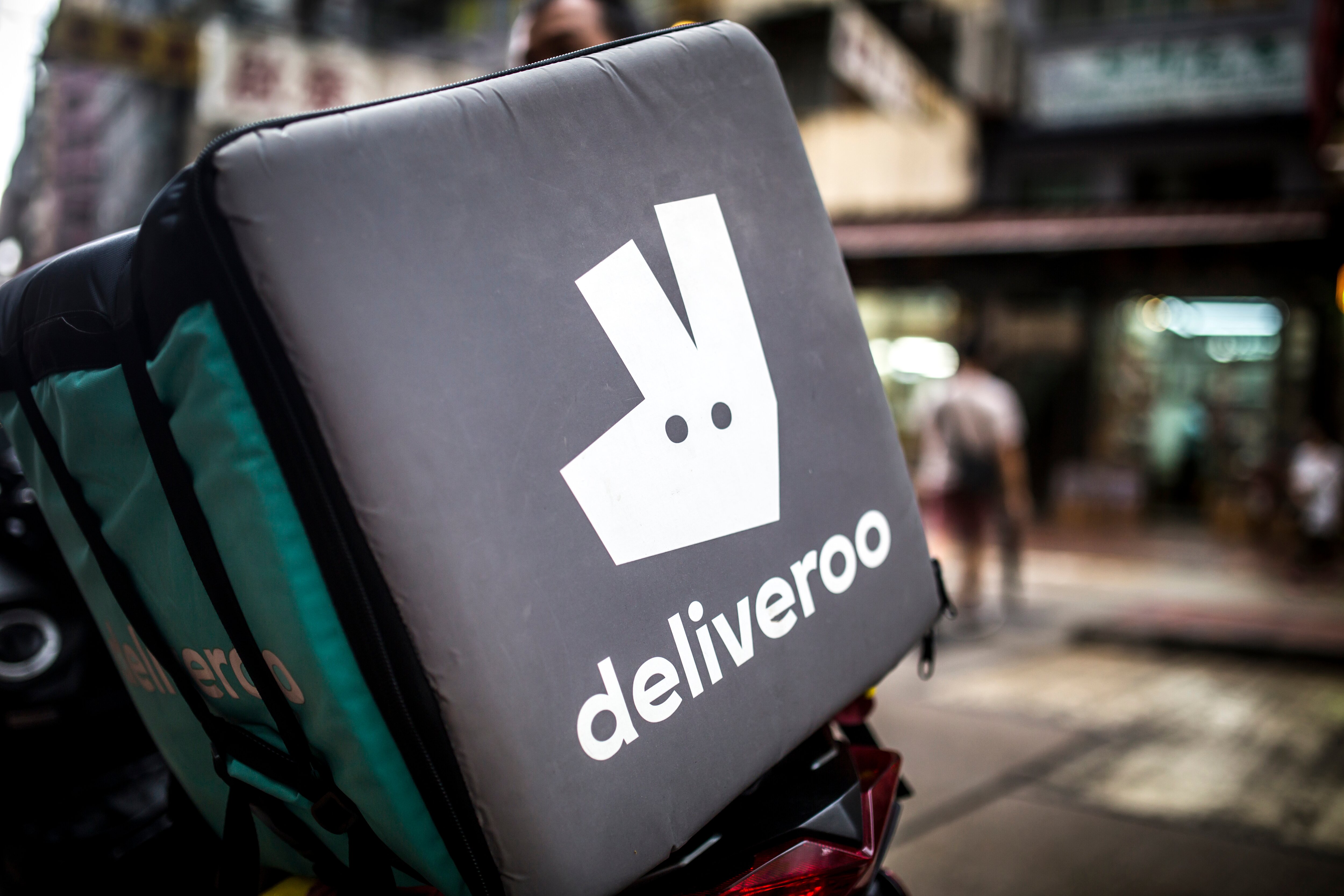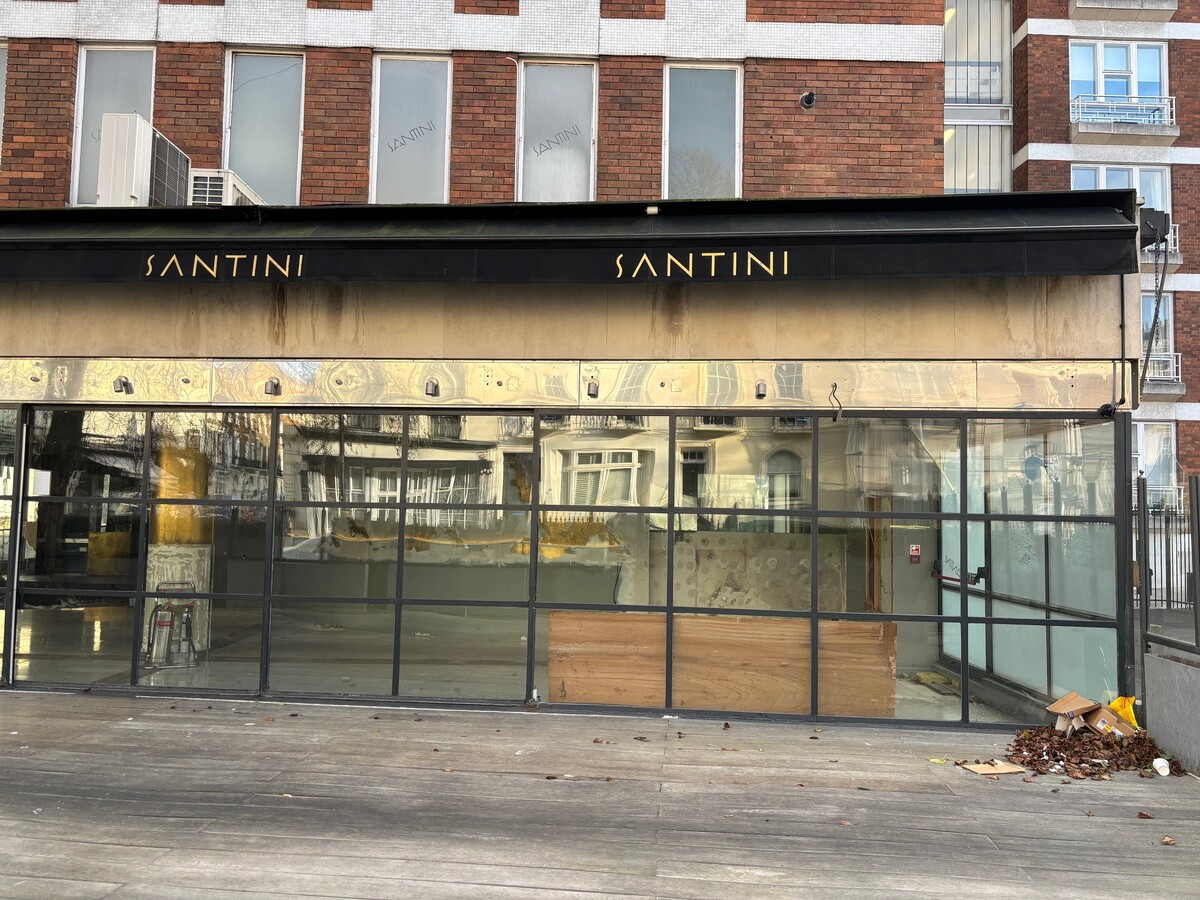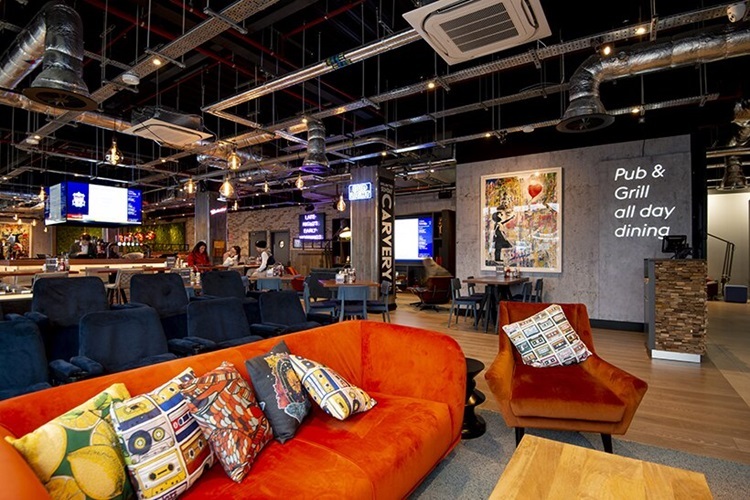Deliveroo riders are not 'workers', Supreme Court rules
Deliveroo riders have been refused the right to form unions in a landmark decision made by the UK Supreme Court.
It comes after an unsuccessful appeal from the Independent Workers Union of Great Britain (IWGB), which has been seeking collective bargaining rights for a group of Deliveroo riders working in London’s Camden and Kentish Town since November 2016.
Deliveroo had rejected IWGB’s formal request on two occasions before the union applied to the Central Arbitration Committee (CAC), which has powers to order an employer to recognise a union.
The CAC did not accept the IWGB’s reasoning after it concluded the riders in question could not be considered as “workers” within the meaning of section 296 of the Trade Union and Labour Relations (Consolidation) Act 1992.
The IWGB took the case to the Supreme Court in April this year, arguing that the CAC’s decision breached the riders’ human rights under article 11 of the European Convention on Human Rights.
The Supreme Court announced today (21 November) that it “unanimously dismisses” the Union’s appeal.
Judges Lord Lloyd-Jones and Lady Rose stated the Deliveroo riders do not have an “employment relationship” with Deliveroo.
The IWGB had previously argued its riders should be recognised as “workers” because they are performing services personally for Deliveroo, in line with the 1992 Act’s definition of a worker. The Supreme Court disagreed with this claim as riders can technically use substitutes.
It added that the presence of an employment relationship was further undermined by the fact that Deliveroo did not object to riders working simultaneously for competitors and did not terminate riders’ contracts for failing to make themselves “sufficiently available”.
The judges concluded: “As the riders do not have an employment relationship, they are not able to rely on the trade union rights conferred by article 11.”
The ruling comes after delivery companies, including Deliveroo, were told to end the practice of unchecked account sharing, known as ‘substitutions’, by government last week after concerns were raised about underage riders or those without the right to work in the UK using these platforms.
A spokesperson for Deliveroo said: “UK courts repeatedly and at every level have confirmed that Deliveroo riders are self-employed, and this now includes the Supreme Court, the highest court in the country.
“This is a positive judgement for Deliveroo riders, who value the flexibility that self-employed work offers. We are proud to be able to offer tens of thousands of riders this flexibility alongside the security of free insurance, sickness coverage, support for new parents and a unique union recognition agreement. We will continue to listen to and work with riders to offer them the work they tell us they want.”
Meanwhile, the IWGB published a statement expressing their “disappointment after years spent fighting a legal battle to secure riders’ bare minimum employment rights”.
“As a union we cannot accept that thousands of riders should be working without key protections like the right to collective bargaining, and we will continue to make that case using all avenues available to us, including considering our options under international law.”
It added: “Whether reflected in legislation or not, couriers are joining the union in ever bigger numbers and building our collective power to take action and hold companies like Deliveroo to account. Our strength lies not in court rulings but in our unity as a workforce coming together to demand change.”















